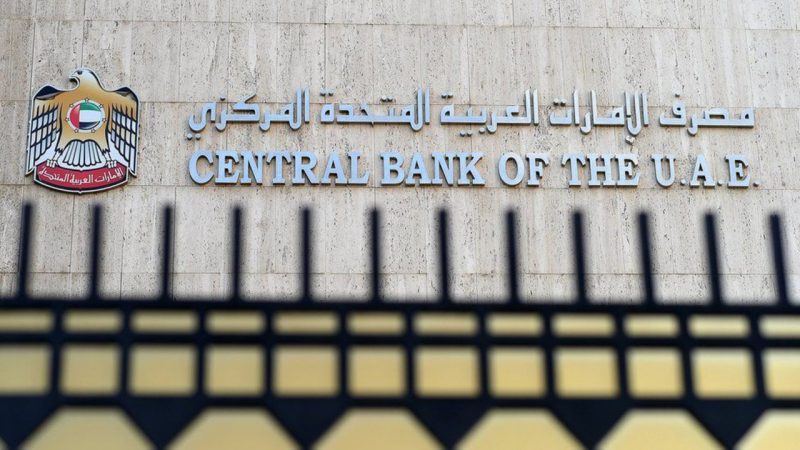On Wednesday, May 31, the Central Bank of the UAE [CBUAE] announced that it has released a new set of AML and CTF guidelines for Licensed Financial Institutions [LFI] dealing in virtual assets like crypto, and NFTs.
The dealers that fall under the LFI category include banks, finance companies, exchange houses, payment service providers, registered hawala providers and insurance companies, agents, and brokers. The new guidance will assist LFIs’ to understand risks and take into account their AML/CFT obligations and Financial Action Task Force [FATF] standards. According to the official statement,
“It will come into effect within one month.”
UAE central bank issues AML/CTF guidance for dealing with virtual assets
— unfolded. (@cryptounfolded) May 31, 2023
Also Read: CBDC: UAE Central Bank Launches its Digital Dirham Strategy
Specifically, LFIs are supposed to assess VASPs’ AML/CFT controls. This can be done either via a review of VASPs’ written AML/CFT program or framework or through the use of a questionnaire. Parallelly, the assessment should confirm that the VASP’s AML/CFT controls are “subject to independent audit. Furthermore, VASPs’ transaction monitoring, sanctions screening, and other relevant AML/CFT systems are subject to an “annual assessment and model validation” by an independent third party.
Also Read: Ripple Partner Ties Up With UAE’s Al Ansari: IPO Soon?
UAE intends to prevent Financial Crimes
The new guidance gives clear-cut descriptions of VAs, VASPs, and VASP business models. It also touches upon another host of facets ranging from the risks that arise by dealing with virtual assets and virtual asset service providers, to various channels and mechanisms of interaction between LFIs and VASPs, etc.
In March 2022, the FATF added the UAE to its “grey” list. Since then, the region has been subject to amplified monitoring. Nevertheless, the UAE has been working closely with FATF to improve. In fact, as chalked out above, the latest guidelines take FATF standards into account.
His Excellency Khaled Mohamed Balama, Governor of the CBUAE, said, that the new guidance contributes to “strengthening” the supervisory and regulatory frameworks of the Central Bank to combat money laundering and terrorism financing. He added,
“We are constantly working to enhance efforts and strengthen the awareness of licensed financial institutions to prevent all kinds of financial crime activities, and reduce potential risks to protect the financial and monetary system and maintain its soundness and stability, in line with the Financial Action Task Force standards.”
Leaving aside the UAE, other regions have also been tweaking rules in accordance with FATF standards. Japan, for instance, will enforce more strict AML measures, starting tomorrow.
Also Read: Crypto: Japan to Enforce Stricter AML Measures From June 1





